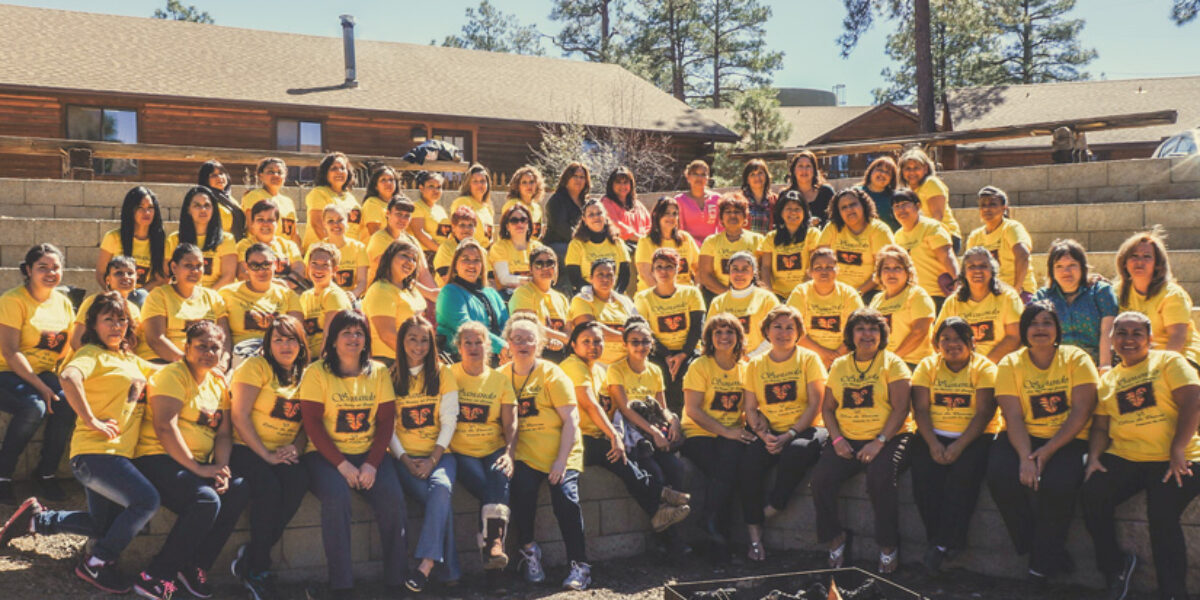As an international church leader and the wife of a pastor, Laura Burgueño had seen firsthand the deep wounds and pain of many Latino churchgoers.
But Laura had no background in counseling and did not know how to address these experiences. Then she came across a magazine advertisement for American Bible Society’s Bible-based trauma healing ministry, which uses God’s Word and mental health best practices to help people find hope and healing after traumatic experiences such as abuse, violence, and loss.
Laura completed training to lead Bible-based trauma healing groups, and today she leads people in Spanish-speaking communities on a journey of emotional and spiritual healing through Bible-based trauma healing.
We invite you to pray for leaders like Laura—those who have noticed a hurt or a need in their community and have trained to use Bible-based trauma healing to help reach these hurting people.
These facilitators listen, support, and guide traumatized people through the darkest parts of their stories, often feeling the weight of the pain, sorrow, anger, and hopelessness felt by the participants.
In order to understand how we can better pray for facilitators, I sat down with Dana Ergenbright, a training manager for the Bible-based trauma healing ministry.
Nena Podbury: You train people to become trauma healing facilitators. What does that mean?
Dana Ergenbright: Using the Healing the Wounds of Trauma curriculum, we first lead people on their own journey of emotional and spiritual healing through a combination of basic mental health practices and experiential engagement with God’s Word. Then we train them to walk effectively alongside others in the same process. The program includes safe conversation in groups, artistic expression, lament, and bringing our pain to the cross of Christ.
NP: Why do people become trauma healing facilitators?
DE: They want to learn how to help those who have been wounded—to help them in a way that brings freedom and healing and doesn’t unintentionally cause harm. They are people whose hearts are soft toward the suffering of others.
NP: Why use the Bible-based trauma healing approach?
DE: The Bible-based trauma healing model can help facilitators create safe spaces for people to process their wounds, express their pain to God, and reconnect with God and others. They don’t take the place of trained professionals, but they help the Church become a safe, healing community for wounded people.
NP: What would you say is the biggest challenge trauma healing facilitators face?
DE: One of the hardest things about walking alongside hurting people is that their suffering and their questions can make us so uncomfortable that we may find ourselves trying to “fix” them or tell them how they “should” feel, act, or believe. The challenge is to just be present with people as they wrestle through the healing process.
NP: How can we pray for trauma healing facilitators like Laura?
DE:
- Pray for them to have patience and courage as they walk alongside individuals who revisit painful memories and ask unanswerable questions.
- Pray for guidance for them as they lead Bible-based trauma healing sessions, inviting God to heal participants through the power of Scripture.
- Pray that they would be intentional in taking good care of themselves as they do this emotionally heavy work.





